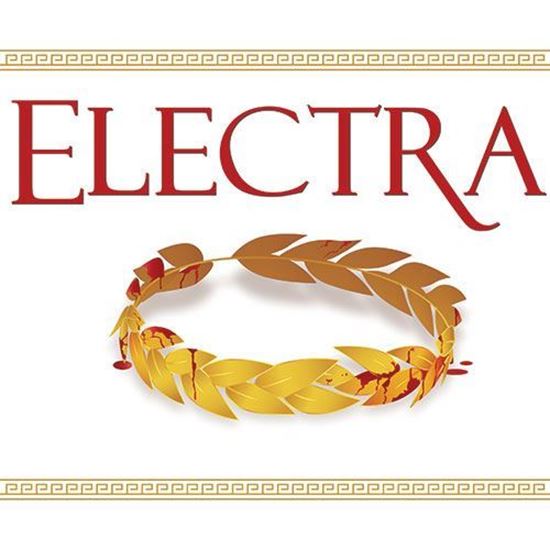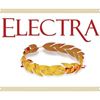





Electra
Electra is a young woman who mourns—and ultimately avenges with the help of her brother Orestes—her father Agamemnon’s murder. The story is based on a lost epic of ancient Greek literature, set in a period between Homer’s Iliad and his Odyssey.
This show explores the psychological costs of resisting evil in a society bent on ignoring or even sustaining that evil. Written in blank verse, the language is conversational despite its formality. Poetry best expresses that indescribable energy and pathos of the original Greek tragedies. While passing for “normal” speech, the verse provides a powerful tool for actors to convey the equally powerful emotions.
Productions
Behind The Scenes
What inspired you to adapt this play?
After Wendi Johnson, artistic director of Full Circle Players, commissioned me to adapt a Greek tragedy back in 2021, I quickly settled on Sophocles’ version of Electra. Electra’s legendary grief resonated with my darker mood during the pandemic shut downs. I knew she it do the same for others. I have always been fascinated with ancient Greek stories and culture. One of the first books I remember enjoying as child was D’Aulaires’ Book of Greek Myths. In high school, I performed a monologue from Aeschylus’ Prometheus Bound at a regional theater competition. During an intensive year-long great books course at Yale University as an undergraduate, I studied plays by Aeschylus, Sophocles, and Euripides, including Electra. Even for modern readers, the passion and rawness of Greek theater is immediately apparent. Characters and conflicts exist in that fluid space between religious ecstasy and artistic catharsis; between the sacred and the profane. It’s no wonder that Electra—along with Medea, Oedipus, Antigone, Prometheus, and other Greek characters—have served as raw material for countless artists, dramatists, writers, and musicians, including Marlowe, Shakespeare, Chekhov, Freud, Strauss, Ibsen, Miller, and Mamet. I also loved the fact that there are so many strong female roles in this play. Electra is the Hamlet of the play, if you will, but Clytemnestra, Chrysothemis, and the three members of the chorus have unique and powerful voices as well.
What's your favorite part or line in the play? Why?
There are many lines in the play that strike a powerful chord with me, depending on my mood or what I’m dealing with in my life at the time. Currently, one of Electra’s lines that resonates with me is: “Shall the sacred mem’ry of our dead decay? / Shall precious blood lie unavenged? If so, / Then honor’s dead. The gods are dead.” Electra’s grief is unreasonable, and her friends quite sensibly tell her to move beyond it so that she can heal. Yet she can’t reconcile herself to a world in which that sort of acceptance or “forgetfulness” is acceptable. There are no good choices for Electra. Any decision she makes seems guaranteed to prolong her pain and suffering. Yet she would rather be miserable and act according to her conscience than to stay passive and out of harm’s way. I think many of us can relate to being in this frame of mind at some point in our lives. It is the human condition after all.
Tell us what makes this adaptation different from others?
There have been dozens of adaptations of Electra over the last century, from Jean Paul Sartre to Eugene O’Neill to Ezra Pound. I think what is different about my play compared to those others is my use of blank verse. As a Shakespearean actor, teacher, and “popularizer” (I have written and performed one-man Shakespeare-themed shows and a TEDx Talk), I firmly believe that iambic pentameter—when it is written and performed correctly—can elevate drama significantly. For me, poetry best expresses that indescribable energy and pathos of the original Greek tragedies, while also providing a powerful tool for actors. At its best, blank verse is conversational in spite of its formality. It can pass for “normal” speech, “gallops” more easily than prose, and expertly acted, can convey powerful emotions.
What did you try to achieve with this adaptation?
Besides turning Electra into playable iambic pentameter, I was also eager to investigate several themes in the classic story, particularly the psychological cost of resisting evil in a society bent on ignoring, or perhaps even sustaining, that evil. I glimpsed the origins of Lady Macbeth, Timon, Titus, Lear, and particularly Hamlet, in Electra and the other characters in the play. I tried to explore those connections in my adaptation.
